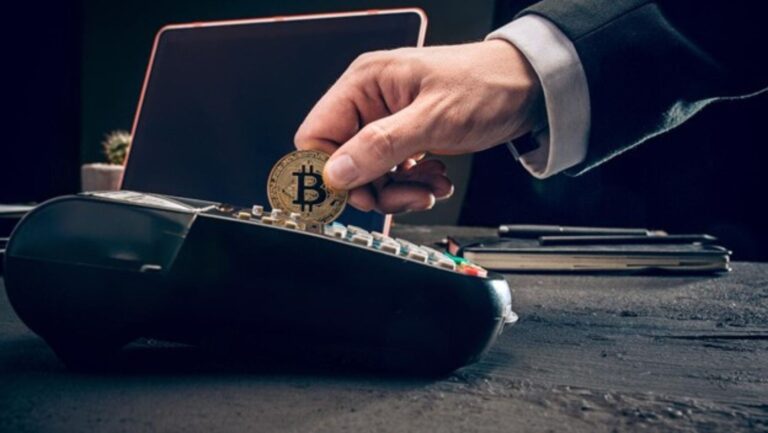Safeguarding online possessions has emerged as a critical challenge for both singular and collective investors.
The escalating growth of the sector means risks are arising. No matter if you’re interacting with DeFi methods, intelligent agreements, or transactions traversing chains, ensuring your possession’s utmost safety has ascended to extreme importance.
Pioneering platforms, such as LI.FI, take positions precisely here. Mastering smooth transactions spanning multiple chains, LI.FI provides users with the capacity to securely tether their assets through diverse blockchains, mitigating the risks entwined with such interactions.
In the following, we’re bringing you 6 tips on how you can protect your crypto assets.
Understand The Risks In The Crypto Space
The operation of cryptocurrency under a decentralized system is laden with unique hurdles. In a setup void of mediating figures such as banks, you are left to solely safeguard your investment. Cybercriminals often target wallets, exchanges, and protocols, especially when bridging assets across chains.
Platforms like LI.FI are at the front line for reinforcing safeguards and ensuring efficient movement across various chains- Abstract Chain, blockchain, or cross-chain. A cradle in the stormy sea of challenges, LI.FI’s cross-chain foundation allows users to minimize exposure to lurking threats while moving assets.
Use Bridging Insurance To Mitigate Risks
An emerging strategy to protect your crypto assets is through bridging insurance. This type of insurance is designed to cover the risks associated with cross-chain transactions.
Given the complexity of moving assets between different blockchain ecosystems, bridging insurance helps secure your funds in case of unforeseen issues, such as smart contract failures or exploits.
LI.FI ensures secure bridging by partnering with insurance providers that can safeguard your transactions. By incorporating bridging insurance, you’re adding an extra layer of protection against potential cyber threats.
Enable Two-Factor Authentication (2fa)
To enhance the security of your accounts, utilizing two-factor authentication (2FA) is a prudent move. This straightforward measure can bar illicit entry even when your password might be at risk. A multitude of exchanges and wallets, inclusive of those validated by LI.FI, dispense 2FA to safeguard your assets.
Utilize Hardware Wallets
An apparatus dubbed as a hardware wallet tasks itself with the secure housing of your private keys in an offline environment. Such a scheme verily ensures that would-be intruders or hackers prying into your personal device or computer are at an utmost impasse.
The inability to have physical reach to a unique hardware wallet incapacitates them from filching your prized possessions. It is in such a manner, that the secure seclusion of your assets offline majorly reduces the window for online risks to peer through.
Be Aware Of Phishing Scams
Cyber attackers frequently use phishing tactics to trick users into revealing sensitive information. Be wary of emails, messages, or websites that request your wallet details or seed phrases.
Always double-check URLs and only access platforms like LI.FI directly from their official website to avoid phishing scams.
Stay Updated With The Latest Security Protocols
The crypto space is constantly evolving, and so are the techniques used by cybercriminals. It’s essential to stay updated with the latest security practices.
Follow reliable sources and platforms like LI.FI to learn about new threats and how to counteract them. LI.FI consistently upgrades its security protocols to ensure a safe environment for users engaging in cross-chain activities.
Conclusion
Shielding your digital currencies from cyber threats is fundamental in the tech-driven era. Platforms such as LI.FI, bridging insurance tools, and adherence to recommended actions like 2FA and hardware wallets are effective in defending your investments while enabling confident transactions along numerous blockchains.
The consistent expansion of the crypto ecosphere demands sustained alertness and the adoption of innovative security strategies to keep your digital holdings secured against the constant transformation of online dangers.






